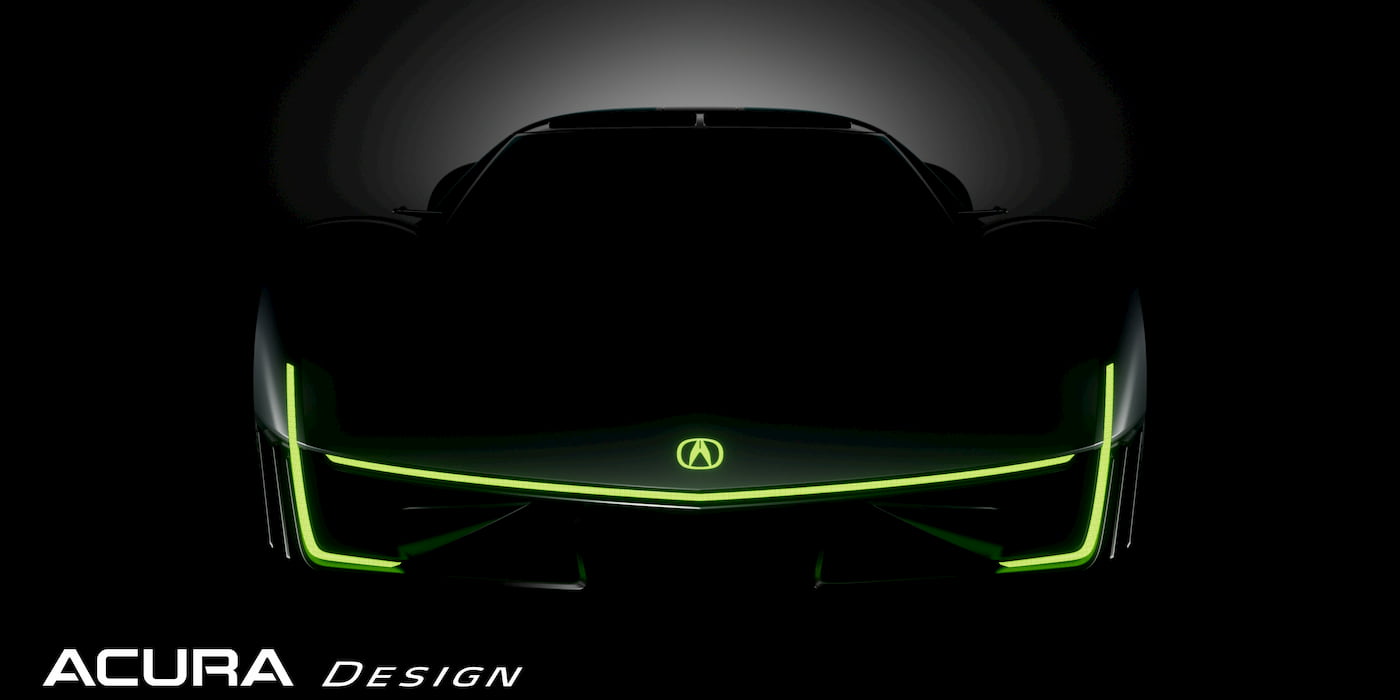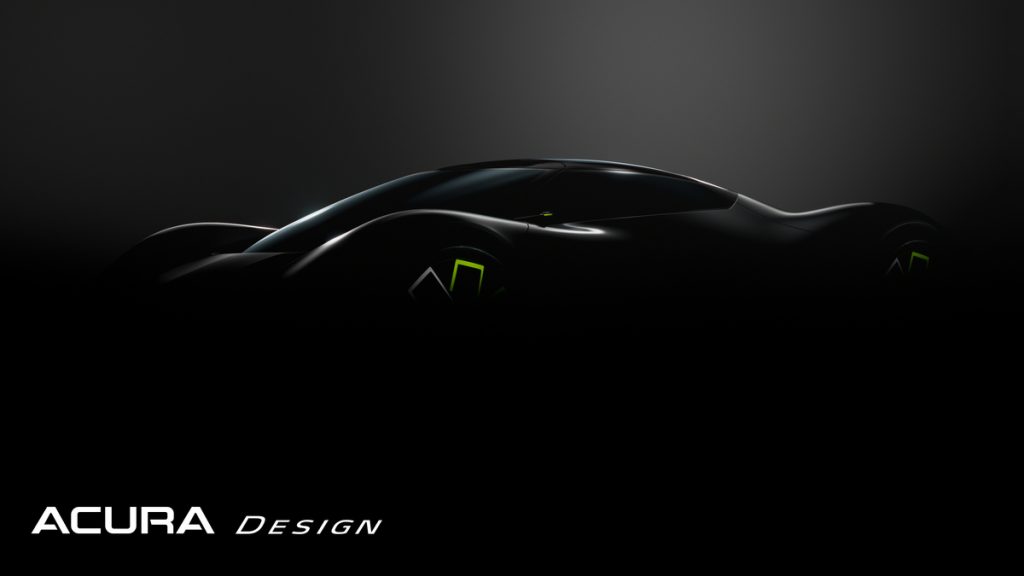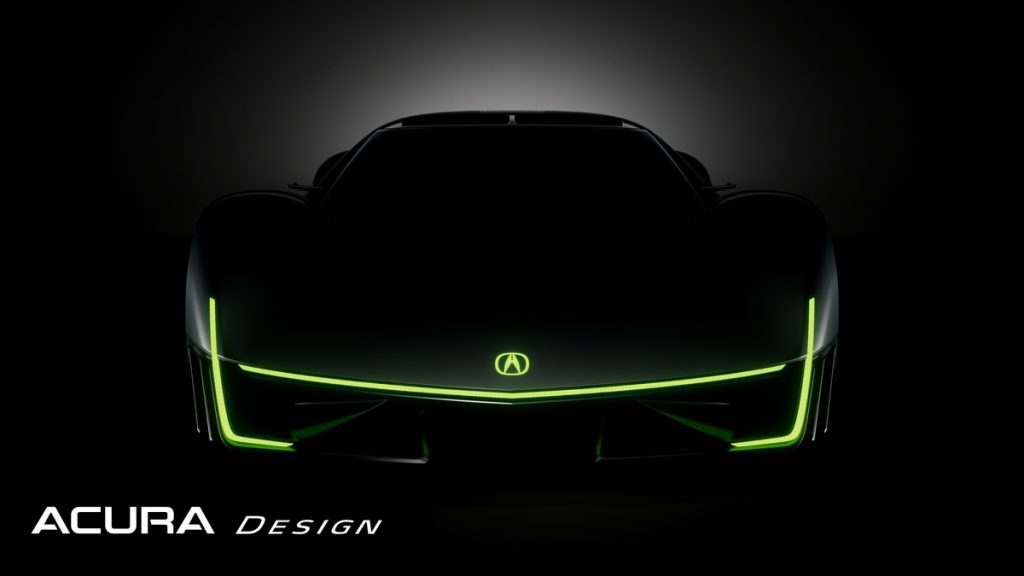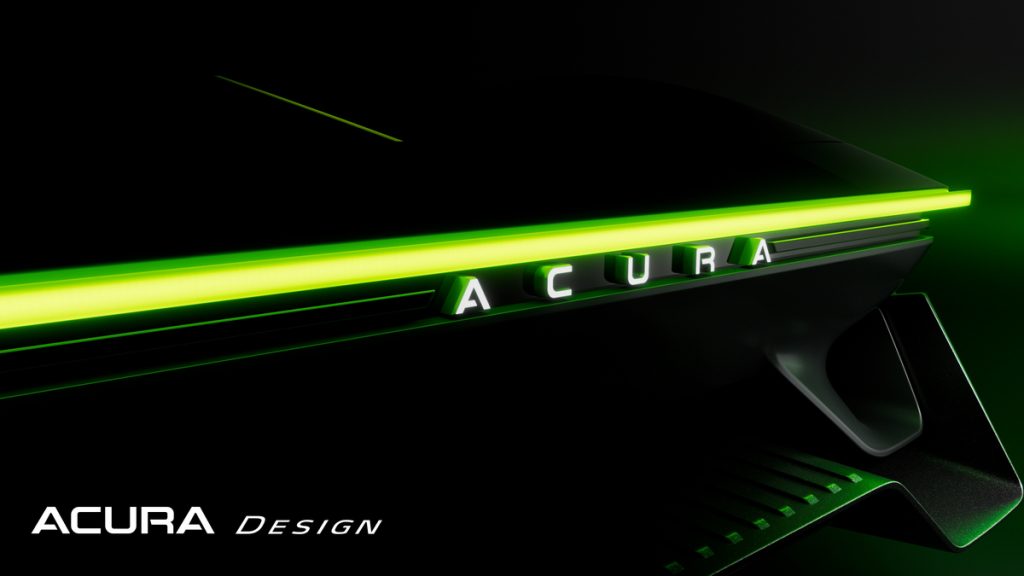
Acura will make an “NSX-type” electrical sportscar, anticipating to carry it to market in 2027 or 2028, says Acura World Government VP Shinji Aoyama.
The Honda NSX sportscar, which was bought within the US because the Acura NSX, made a splash within the 90s and was common for its styling, dealing with, and its use of some new applied sciences like an aluminum monocoque. Its identify stood for “New Sportscar eXperimental,” displaying Honda’s intent to dive into future applied sciences with the mannequin.
Then, Acura introduced the NSX again in 2016, this time with a 500+hp hybrid powertrain. Nonetheless, with no plug-in functionality in any respect, and coming considerably late to market in comparison with earlier plug-in entries just like the Tesla Roadster and Porsche 918, the “New NSX” misplaced a few of its “eXperimental” sheen (Honda mentioned the identify now meant “New Sports activities eXperience”). That mannequin ended manufacturing in 2022.
But it surely seems to be like Acura could also be able to carry its sportscar chops again into the current, with an all-electric “NSX-type” sportscar coming quickly.
Yesterday at Monterey Automotive Week in California, Aoyama advised journalists that an NSX-like automobile will hit the street in ’27-28. He did, nevertheless, cease wanting saying that the automobile can be referred to as the NSX, simply that will probably be the same type of automobile.
Acura has already proven an NSX-like idea earlier than. On the final iteration of Monterey Automotive Week, it teased an “Electrical Imaginative and prescient” idea with NSX-like seems to be, although hadn’t mentioned something on the time about whether or not or when it would come to manufacturing. It was only a “design research.”
Acura would use Honda’s “0 collection” structure, which is being developed for Honda’s first electrical sedan, meant to hit the street in 2026. The main target is on maintaining the structure “skinny and light-weight.” Honda needs to make sure that the battery isn’t too tall, as a result of a thinner battery means extra cabin area (in a sedan), or decrease to the bottom (in a sportscar).
Honda/Acura have launched one BEV thus far within the US, within the type of the Prologue/ZDX. Nonetheless, this automobile doesn’t use a Honda platform, and as an alternative is constructed on GM’s Ultium platform. Honda’s different EV within the US is the CR-V e:FCEV, which has an all electrical drivetrain however might be fueled both through a plug or by hydrogen, and is simply out there in California.
Electrek’s Take
As a Tesla Roadster proprietor, I’m a fan of EV sportscars. I don’t want the insane efficiency and horsepower of a 1,025hp Rivian Ascend Quad Max or an 8.56s quarter-mile Mannequin S Plaid, what I need is one thing small and light-weight.
And there simply aren’t many choices for that. A part of the explanation for it’s because batteries are heavy, so it’s laborious to make a lightweight EV. However that doesn’t imply it’s not possible – my automobile is 2,800lbs, and there’s even an electrical four-seater out there with the identical curb weight. (For reference, the unique NSX was ~3,000lbs, and the brand new NSX was ~3,800lbs)
We don’t know but what type the “NSX-type” EV will take, whether or not will probably be a two door or 4 door (the earlier NSX incarnations have had two doorways, and two seats), or every other applied sciences it’s going to embrace.



However Aoyama’s feedback about maintaining it “gentle” are heartening. This implies it might are available nearer to the Roadster, or the Caterham Venture V, reasonably than the 4,000lb, four-door Porsche Taycan. Not that there’s something flawed with the Taycan’s efficiency, however it’s laborious to make a 4 door that handles like a two door.
And whereas Honda is late to the get together on EVs, it is probably not late to the get together on EV sportscars. If they’ll crack the nut of creating a fairly gentle, sporty EV at a considerably accessible value level (the brand new NSX began at $156k in 2017… so perhaps not all that accessible), that might be an enormous assertion for the EV business on the entire. And we’re excited to listen to extra about it.
FTC: We use revenue incomes auto affiliate hyperlinks. Extra.



